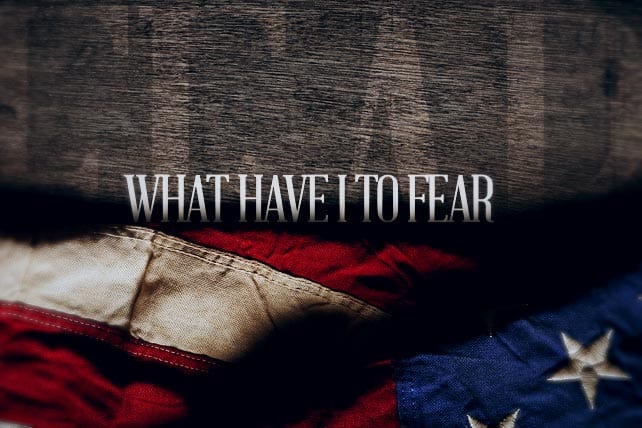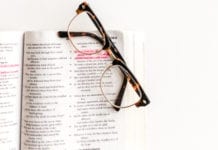Today, Micah Fries and Dan Darling share some thoughts about fear and the upcoming election. Micah Fries is a good friend of mine and is the Vice President of LifeWay Research. Dan is also a friend, and is the Vice President of Communications for the Ethics and Religious Liberty Commission.
Fear has always been a factor in democratic elections. During economic recession or war, fear clarifies the choice of the electorate for a candidate who promises to create prosperity and guarantee safety. In sunnier times, fear helps the electorate choose the one who will keep the good times rolling.
The 2016 election seems to be shaped by fear in ways that are concerning. ISIS’ deadly acts and threats, the volatility of the Chinese financial markets, North Korean dictators who play games with nuclear weapons, Iranian provocations and Russian aggression have Conservatives favoring candidates employing increasingly divisive and often dehumanizing rhetoric. Conversely, images of disturbing police shootings, economic inequality and Wall Street malfeasance have Liberals flirting with socialists.
Dennis Goldford, professor of political science at Drake University in Iowa, who studies the intersection of religion and politics, said, “Fearful and angry people vote. People may well vote to advance certain kinds of ideals, but they will also vote if it’s a matter of self-protection.”
Naiveté is no virtue, so we are not in favor of Pollyannaish disengagement. But Christians must be willing to ask themselves some hard questions. Is irrational fear driving our cultural and political engagement more than it should? By angry public statements in support of the candidates they prefer, are Christians demonstrating a gospel-shaped view of the world and of the future? When Christian theology is communicated in the language of fear, it distorts the very words of the Bible. Love for our neighbors must overcome the temptation to abandon a Christian ethic in pursuit of political victory.












